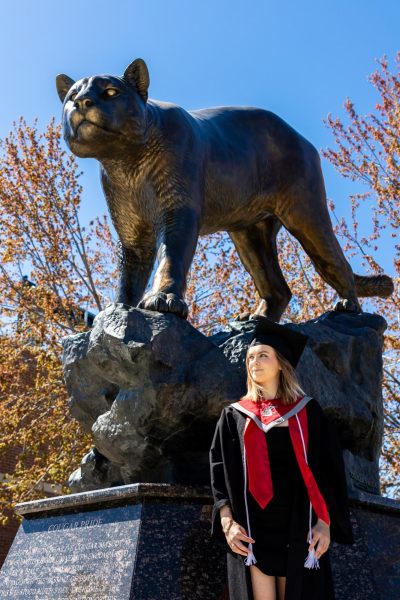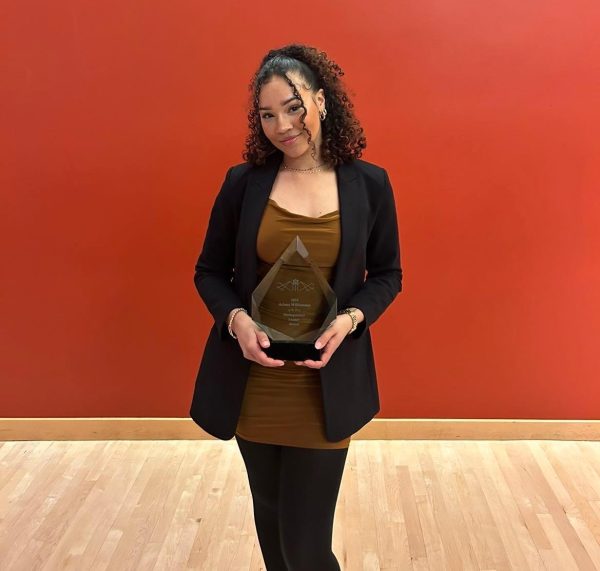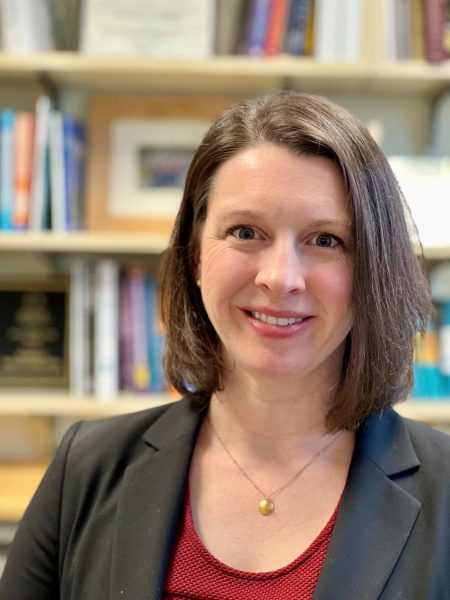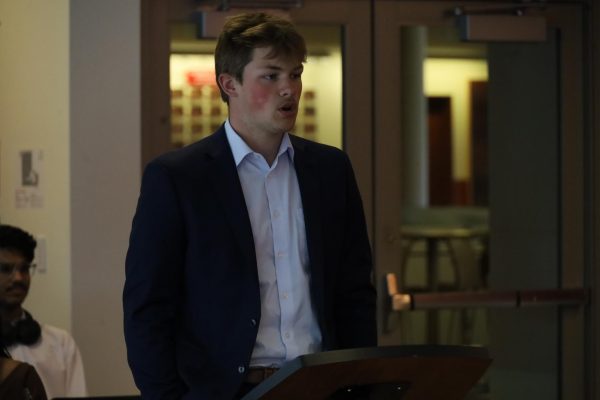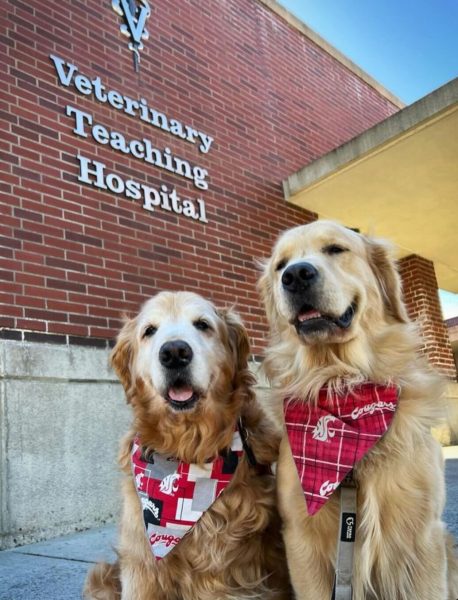WSU students awarded for research
February 26, 2016
Three WSU students received awards for their presentations at the Annual Biomedical Research Conference for Minority Students last week.
Seniors Raven Conyers and Luis Cortez and sophomore Keesha Matz won cash prizes and special acknowledgements at the conference in Seattle.
Conyers, 23, of Lynnwood is majoring in genetics and cell biology, according to the Office of Undergraduate Research. Her research studied the effects of FUdR, a popular chemotherapy drug, on fatty acid composition and aging in C. elegans, a type of roundworm.
Jennifer Watts, Conyers’s mentor and associate professor in the School of Molecular Biosciences said scientists commonly use C. elegans in genetic research because many of their genes are the same as those in humans. She said scientists choose to use FUdR when working with C. elegans because it suppresses reproduction, making test results on the roundworm more predictable.
Conyers’s research challenged the assumption that FUdR does not affect the lifespan and fat metabolism of C. elegans. Her research showed that FUdR does, in fact, affect fat metabolism, likely affecting the outcomes of aging experiments.
“Research on aging in C. elegans provides insight into the human aging process and these insights may someday lead to treatments for diseases that affect the elderly, such as neurodegeneration,” Watts said.
Scientific Assistant Senior, Xun Shi, also helped with the research.
Cortez, 26, of Othello is double majoring in biochemistry plus genetics and cell biology according to the Office of Undergraduate Research. His research studied APOBEC3A and APOBEC3B, enzymes for mRNA editing and their roles as mutators of cancer genomes.
Cortez’s research found single-strand DNA formed during the synthesis of the lagging strand of DNA might be the main cause of instability in human cancer cells. However, there is still much mystery as to how exactly APOBECs gain access to chromosomal DNA, according to Cortez’s report.
“This research has increased our understanding of how the APOBEC enzymes contribute to genetic instability during cancer development,” said Dr. Steven A. Roberts, Cortez’s mentor and assistant professor in the School of Molecular Biosciences.
Roberts said the project was a team effort involving James Hoopes and Tony Mertz.
Matz, 19, of Chehalis is majoring in microbiology according to the Office of Undergraduate Research. She delivered an oral presentation on the microbiological development of the Nipah virus at the conference.
Matz’s research used non-infectious, incomplete Nipah microbes to study how the virus infects and exits cells. The results of her research could lead to treatments for the Nipah virus for which there is currently no cure or vaccine.
Matz chose to research Nipah because similar viruses in the same family, like measles and mumps, do not behave in the same way, said Hector Aguilar-Carreno, Matz’s mentor and assistant professor in the Paul G. Allen School for Global Animal Health.
Students at the conference attended workshops and met representatives from universities and businesses interested in their research.
Conyers, Cortez and Matz were able to attend the conference with support from the Scott and Linda Carson Undergraduate Research Endowed Excellence Fund.








